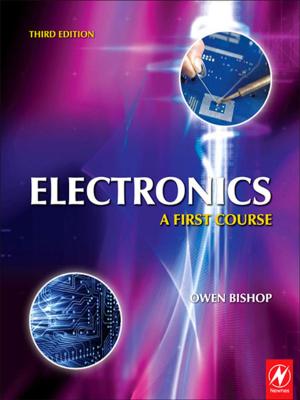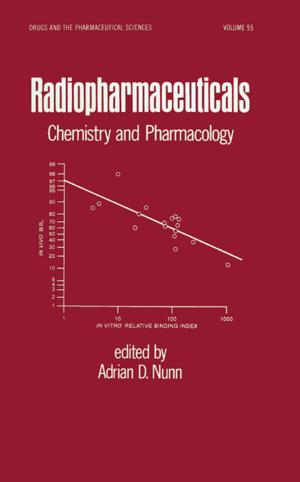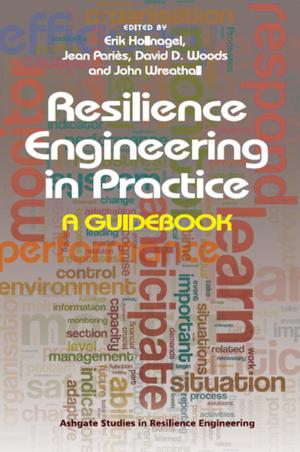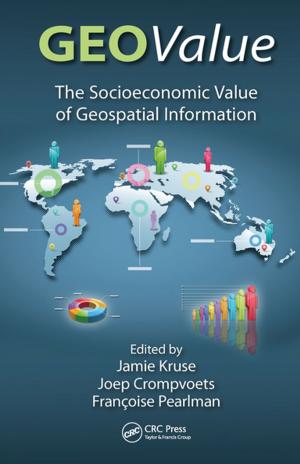Surprises in Probability
Seventeen Short Stories
Nonfiction, Science & Nature, Mathematics, Statistics| Author: | Henk Tijms | ISBN: | 9780429815485 |
| Publisher: | CRC Press | Publication: | August 30, 2018 |
| Imprint: | Chapman and Hall/CRC | Language: | English |
| Author: | Henk Tijms |
| ISBN: | 9780429815485 |
| Publisher: | CRC Press |
| Publication: | August 30, 2018 |
| Imprint: | Chapman and Hall/CRC |
| Language: | English |
This book brings together a variety of probability applications through entertaining stories that will appeal to a broad readership. What are the best stopping rules for the dating problem? What can Bayes’ formula tell us about the chances of a Champions League draw for soccer teams being rigged? How could syndicates win millions of lottery dollars by buying a multitude of tickets at the right time? What’s the best way to manage your betting bankroll in a game in which you have an edge? How to use probability to debunk quacks and psychic mediums? How can the Monte Carlo simulation be used to solve a wide variety of probability problems? Are seven riffle shuffles of a standard deck of 52 playing cards enough for randomness?
- Provides seventeen engaging stories that illustrate ideas in probability.
- Written so as to be suitable for those with minimal mathematical background.
- Stories can be read independently.
- Can be used as examples and exercises for teaching introductory probability.
These questions and many more are addressed in seventeen short chapters that can be read independently. The engaging stories are instructive and demonstrate valuable probabilistic ideas. They offer students material that they most likely don’t learn in class, and offer teachers a new way of teaching their subject.
This book brings together a variety of probability applications through entertaining stories that will appeal to a broad readership. What are the best stopping rules for the dating problem? What can Bayes’ formula tell us about the chances of a Champions League draw for soccer teams being rigged? How could syndicates win millions of lottery dollars by buying a multitude of tickets at the right time? What’s the best way to manage your betting bankroll in a game in which you have an edge? How to use probability to debunk quacks and psychic mediums? How can the Monte Carlo simulation be used to solve a wide variety of probability problems? Are seven riffle shuffles of a standard deck of 52 playing cards enough for randomness?
- Provides seventeen engaging stories that illustrate ideas in probability.
- Written so as to be suitable for those with minimal mathematical background.
- Stories can be read independently.
- Can be used as examples and exercises for teaching introductory probability.
These questions and many more are addressed in seventeen short chapters that can be read independently. The engaging stories are instructive and demonstrate valuable probabilistic ideas. They offer students material that they most likely don’t learn in class, and offer teachers a new way of teaching their subject.















